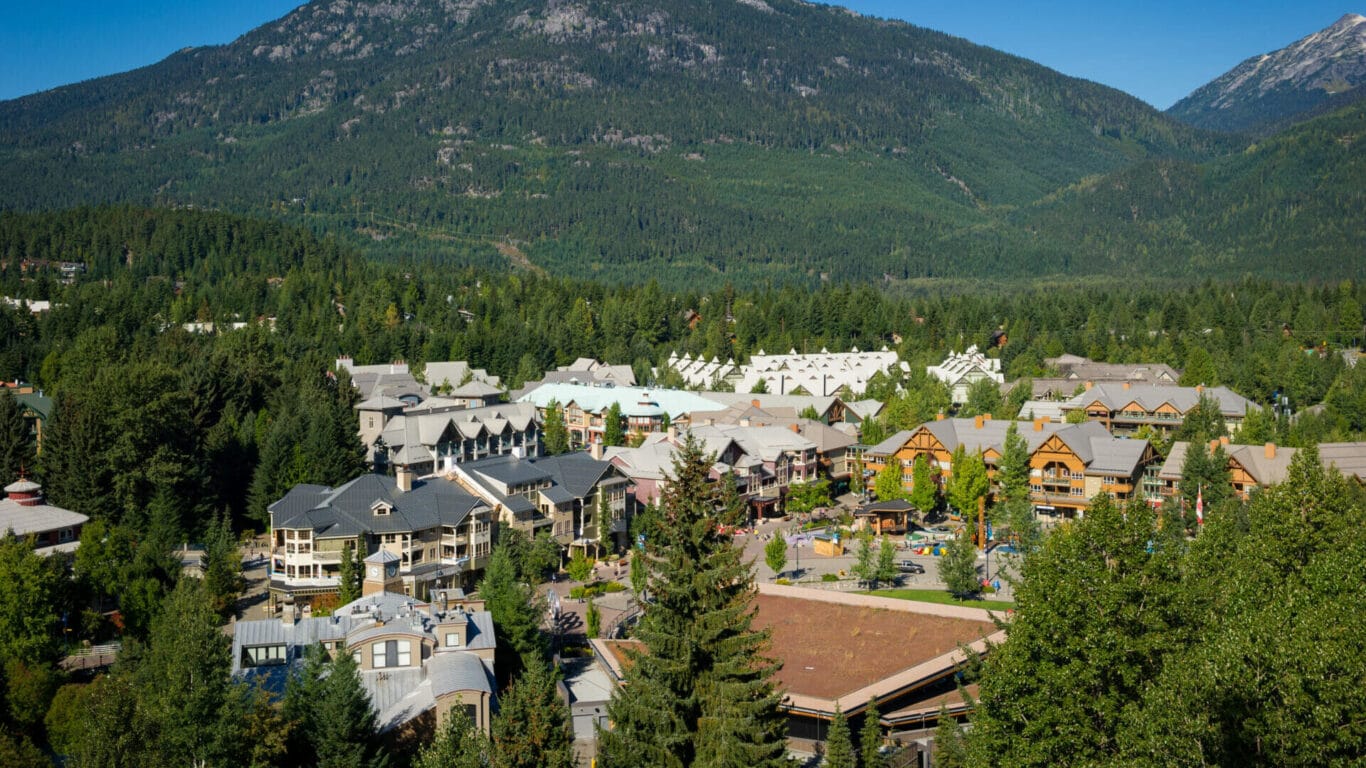Municipal and Regional District Tax (MRDT), also known as Hotel Tax, applies to short-term tourist accommodation, including hotel rooms. This three per cent hotel tax is in addition to the eight per cent Provincial Sales Tax (PST).
The MRDT tax program was originally established by the Province in 1987 to support the financing and operations of incremental tourist related facilities as well as ongoing funding of tourism marketing and associated programs.
In Whistler, MRDT revenues are received by the RMOW and shared equally with Tourism Whistler based on a number of agreements. Revenues are reinvested by both organizations on behalf of the community. Expenditures are approved by, and reported back to, the Province of B.C. to ensure ongoing alignment with the purpose of the tax detailed in the Provincial Sales Tax Act.
MRDT (along with the Resort Municipality Initiative) has been critical for Whistler to supplement property tax revenues and ensure a revenue stream directly from, and reinvested back into, the tourism economy.
Online accommodation
Airbnb and other online accommodation providers are legally required to submit PST and MRDT on short-term accommodation (accommodation of less than 27 days).
Incremental funds collected through online accommodation providers are also eligible to be invested in affordable housing. The Province requires interested communities to submit an additional annual proposal to the Province. Since 2019, the RMOW has invested 100 per cent of its share of online accommodation provider revenues into Cheakamus Crossing Phase II affordable housing projects.
